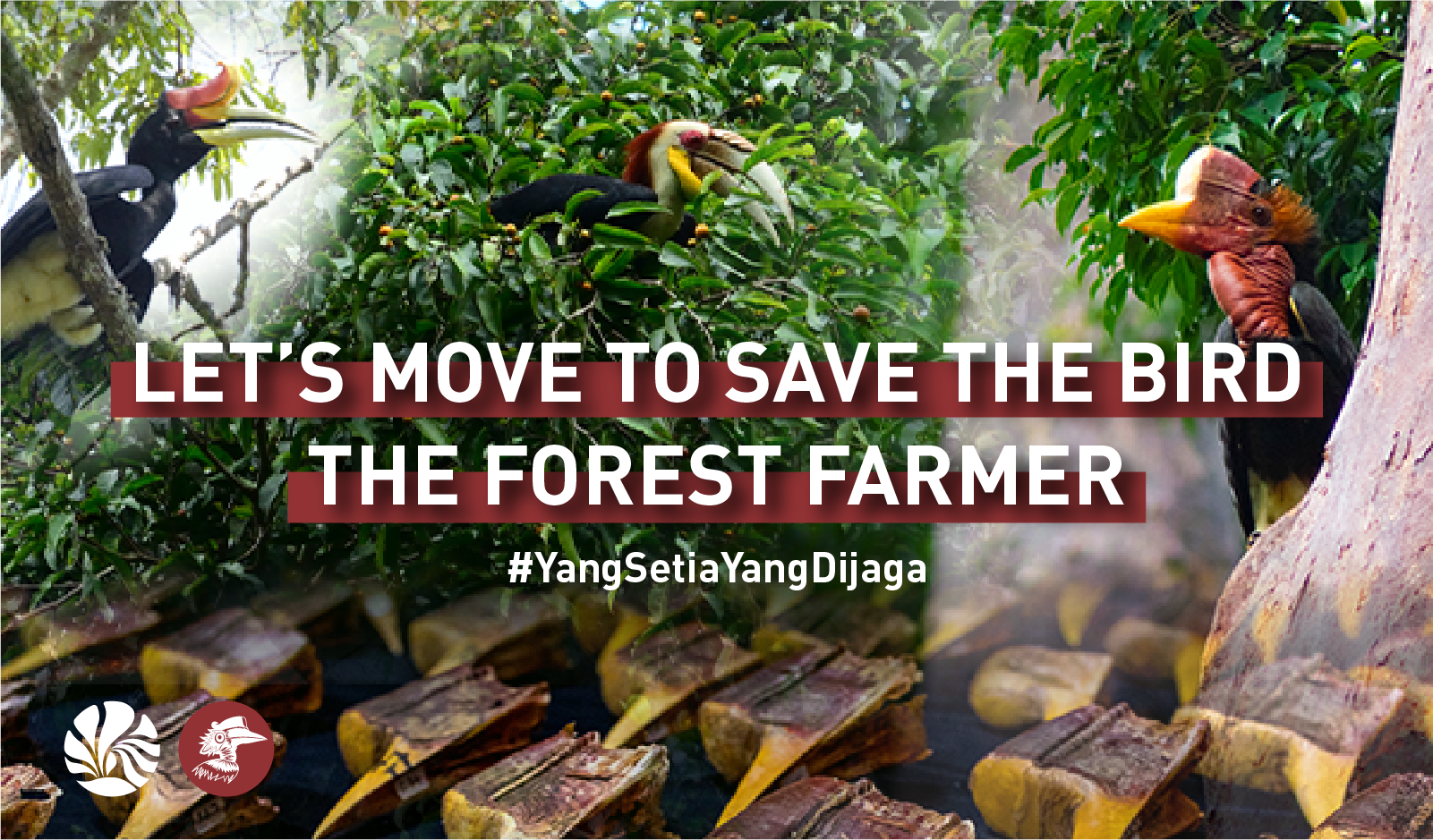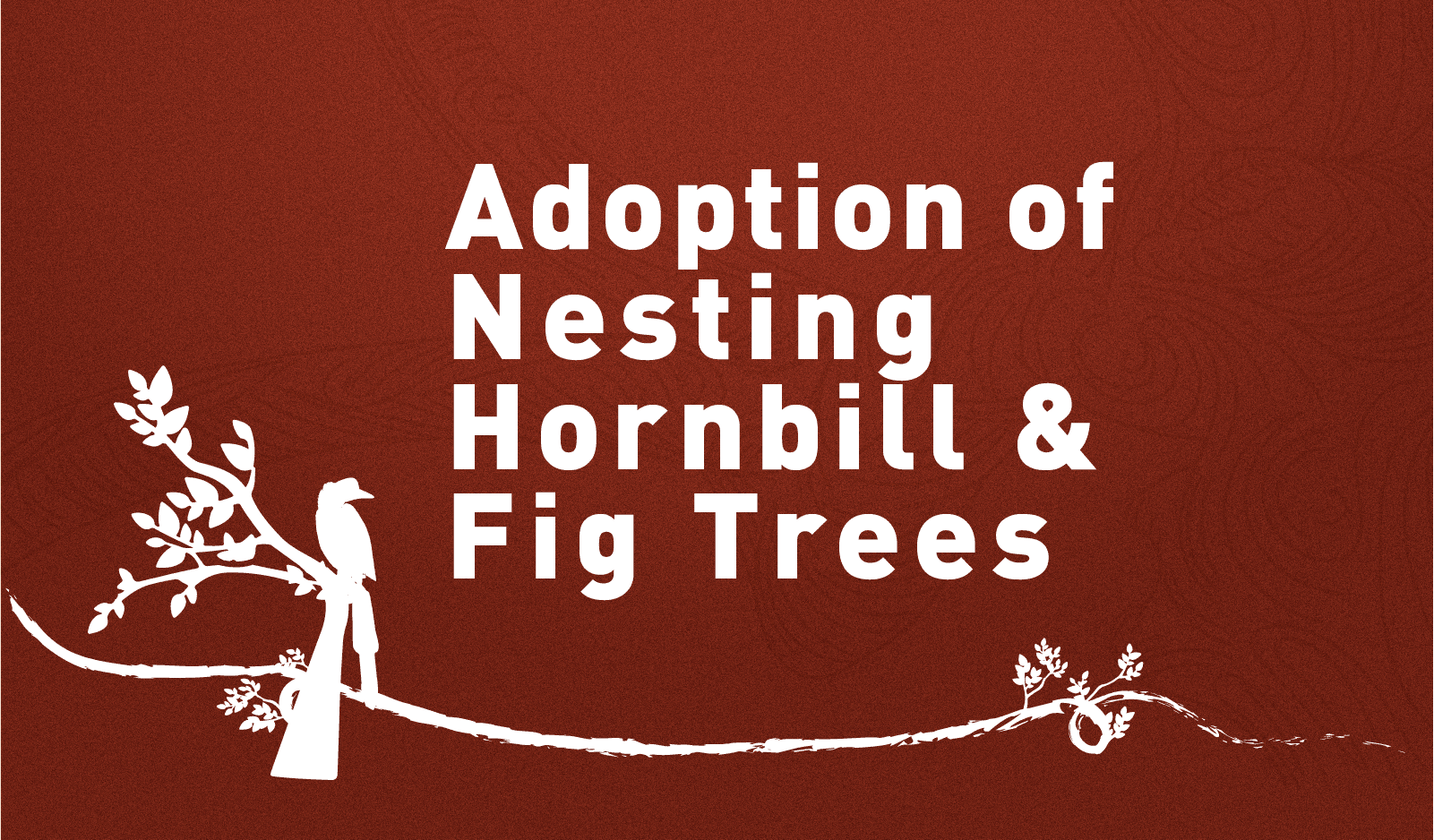PRESS RELEASE
WILDLIFE SMUGGLING IN MANADO THWARTED
The North Sulawesi Regional Police and the North Sulawesi BKSDA succeeded in thwarting illegal wildlife smuggling in their working areas. Currently, case handling is in collaboration with the Natural Resources Crime Unit (NRCU), an anti-crime unit against the environment formed by the Rekam Nusantara Foundation.
As a result, on Thursday, June 17, 2021, the Sulut Regional Police investigation team succeeded in arresting suspected wildlife smugglers who tried to smuggle animals from abroad to Indonesia. From the hands of the suspect, RM, Police seized two hornbills, nine ambon king parrots and two talaud parrots.
According to the Director of the Special Criminal Investigation (Direkrimsus) of the North Sulawesi Regional Police, Commissioner Michael Tamsil, officers were informed that RM kept and kept protected birds. The Sulut Regional Police team immediately moved and conducted an inspection. At the location, it was found that RM was indeed right to store and maintain these birds.
Based on RM's confession, the birds belonged to TP, a bird trader who was arrested by police in August 2020. From the hands of TP at that time, evidence was seized in the form of 22 Nuri Talaud. The TP case itself is ongoing and awaiting trial at the Manado District Court.
Comptroller Ferry R. Sitorus, Head of Sub-District Police, said to find out more clearly the smuggled animal, the police asked for the help of expert witnesses to identify it. Polda Sulut brought in Yoki Hadiprakarsa from Hornbill Indonesia as an expert witness. Yoki is a hornbill researcher in Indonesia who has been pursuing Hornbill conservation in Indonesia and the world for more than twenty years. He is also a member and steering committee of the IUCN-SSC Hornbill Specialist Group.
Yoki revealed that this type of hornbill that will be sold illegally is the Southern Rufous hornbill. This hornbill is not a hornbill native to Indonesia. This type of hornbill, which has the Latin name Buceros mindanensis, as the name suggests, comes from the southern Philippines which is an endemic bird, or is only found at the site. It has the local name Kalaw. Currently, the global shock status of this bird is categorized as vulnerable based on the IUCN Redlist.
This was the first time and became a new mode in which live hornbills were smuggled from the Philippines to Indonesia. "There are two Southern Rufous hornbill individuals identified. One female is a brood and the other is a chick. Both are thought to have been taken from the nest hole. Hopefully it's the first and last time," Yoki said.
North Sulawesi is indeed a gateway for the entry and exit of animals from the Philippines to Indonesia or vice versa. Through Bitung Port, with a transit point in the Sangihe Islands, wildlife is often smuggled. Cases of wildlife trafficking from North Sulawesi to the Philippines itself are usually dominated by the smuggling of crooked-billed birds, such as small and large yellow-crested cockatoos (tritons), Moluccan cockatoos, king cockatoos, parrot parrots, or talaud parrots. They were smuggled to the Philippines, Vietnam and Malaysia.
The results of an interview with a wildlife trader who was caught in Sorong (Papua), revealed that reptiles (a group of lizards) from the Philippines are also often smuggled to Indonesia. It was as if the entry of two Philippine hornbills to Indonesia opened a Pandora's box that Indonesia is also a market for hornbills from abroad.
Illegal wildlife trade is a crime against the environment. The NRCU noted that in the last 5 years at least 25 arrest operations against 31 perpetrators have been carried out by various law enforcement agencies (Police, Customs, Quarantine, KLHK) against attempts to smuggle into the country or abroad.
Arrests were made at the entry and exit points of Sulawesi, Maluku and Papua. But ironically, dozens of other perpetrators who have not been caught are strongly suspected of continuing their illegal activities.
This attempt to smuggle hornbills into Indonesia is something new and unique. There are a limited number of people who are interested in hornbills. It is necessary to investigate further the modus operandi of smugglers and the interest of buyers in hornbill species in Indonesia.
Cases of trade in wild animals are still high. Losses due to illegal trade is also very large. Not only economically, but also ecologically, which affects Indonesia's nature and people as a whole. Birds are very important to the forest for dispersing seeds and are guardians of forest regeneration. In addition, birds also help in the process of pollinating various fruit plants.
Indonesia, a country with high biodiversity, has an extraordinary wealth of animals. From just one taxa, namely birds, Indonesia has around 1,771 species, of which around 513 species are endemic animals, found only in Indonesia. Unfortunately, the rate of bird extinction in Indonesia is the highest in the world.
contact person:
Yokyok Hadiprakarsa
Mobile:-
Email: yoki@rangkong.org







